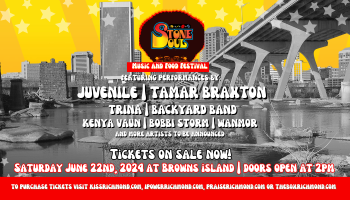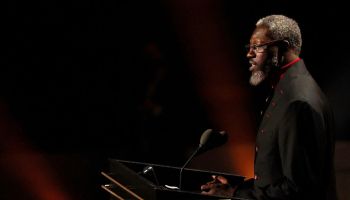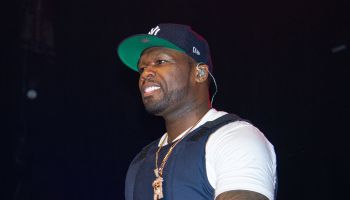Via: www.newsone.com
//
There’s always been a lot of debate, especially within the Black community, about how bi- or multiracial people should identify themselves. Some adhere to the old “one-drop” rule, saying that no matter what other races are in your ancestry, if one of those races is Black, then you’re Black. Others believe people should feel free to identify with all of the cultures that factor into their genetic makeup. Officially, multiracial Americans are now able to express the full range of their identities to the government as the census forms have begun allowing people to check multiple race boxes. Where do you stand in the debate? Tell us in the comments. – NewsOne Staff
From USA Today:
Jennifer Harvey was raised by her white mother and white stepfather in what she calls “a Caucasian world.” Harvey never met her father but she knew he was black and Cuban. That made her Hispanic, white and black.
“Blacks think I’m black,” she says. “Hispanics think I’m Hispanic. Honestly, I don’t identify with either bucket wholeheartedly — Caucasian, black or Hispanic.”
Text continues after gallery …
After high school, living on her own in Alabama, she applied for a new driver’s license. The state, on its own, identified her as black. “I felt I had been branded something I wasn’t,” says Harvey, 40, an administrative assistant for a Houston energy company.
This month, the Census Bureau will remind Americans that racial classifications remain an integral part of the country’s social and legal fabric while, at the same time, recognizing that racial lines are blurring for a growing number of people such as Harvey. The government will give the nation’s more than 308 million people the opportunity to define their racial makeup as one race or more.
The agency expects the number of people who choose multiple races to be significantly higher than the 2000 Census, when the government first allowed more than one race choice. Responses to this year’s survey will provide for the first time a glimpse at the evolution of racial identification: Those who were children in 2000 and were identified as one race by their parents may respond differently as adults today and select more than one.
RELATED STORIES
Paula Patton Says The Term “Biracial” Is Offensive
VIDEO: “Bi-Racial… Not Black Damn It” Trailer
















